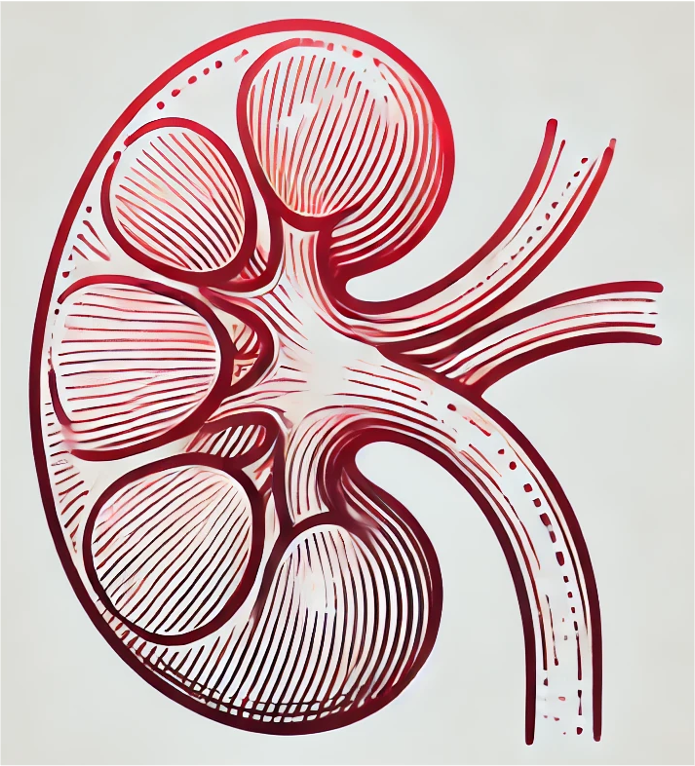Description
Cardiovascular complications are the leading cause of death in autosomal dominant polycystic kidney disease (ADPKD), and intracranial aneurysm (ICA) causing subarachnoid hemorrhage is among the most serious complications. The diagnostic and therapeutic strategies for ICAs in ADPKD have not been fully established. We here generated induced pluripotent stem cells (iPSCs) from seven ADPKD patients, including four with ICAs. The vascular cells differentiated from ADPKD-iPSCs showed altered Ca2+ entry and gene expression profiles compared with those from control-iPSCs. We found that the expression level of a metalloenzyme gene, matrix metalloproteinase (MMP) 1, was specifically elevated in the iPSC-derived endothelia from ADPKD patients with ICAs. Furthermore, we confirmed a statistically significant correlation between the serum MMP1 levels and the development of ICAs in 354 ADPKD patients, indicating that the serum MMP1 levels may be a novel risk factor and become more beneficial when combined with other risk factors. These results suggest that cellular disease models with ADPKD-specific iPSCs can be used to study the disease mechanisms and to identify novel disease-related molecules or risk factors.
Overall Design
The gene expression profiles of vascular endothelia and smooth muscle cells derived from ADPKD-iPSCs were analyzed. Seven ADPKD-iPSC derived ECs, and seven ADPKD-iPSC derived SMCs were analyzed.
Curator
mj_li
